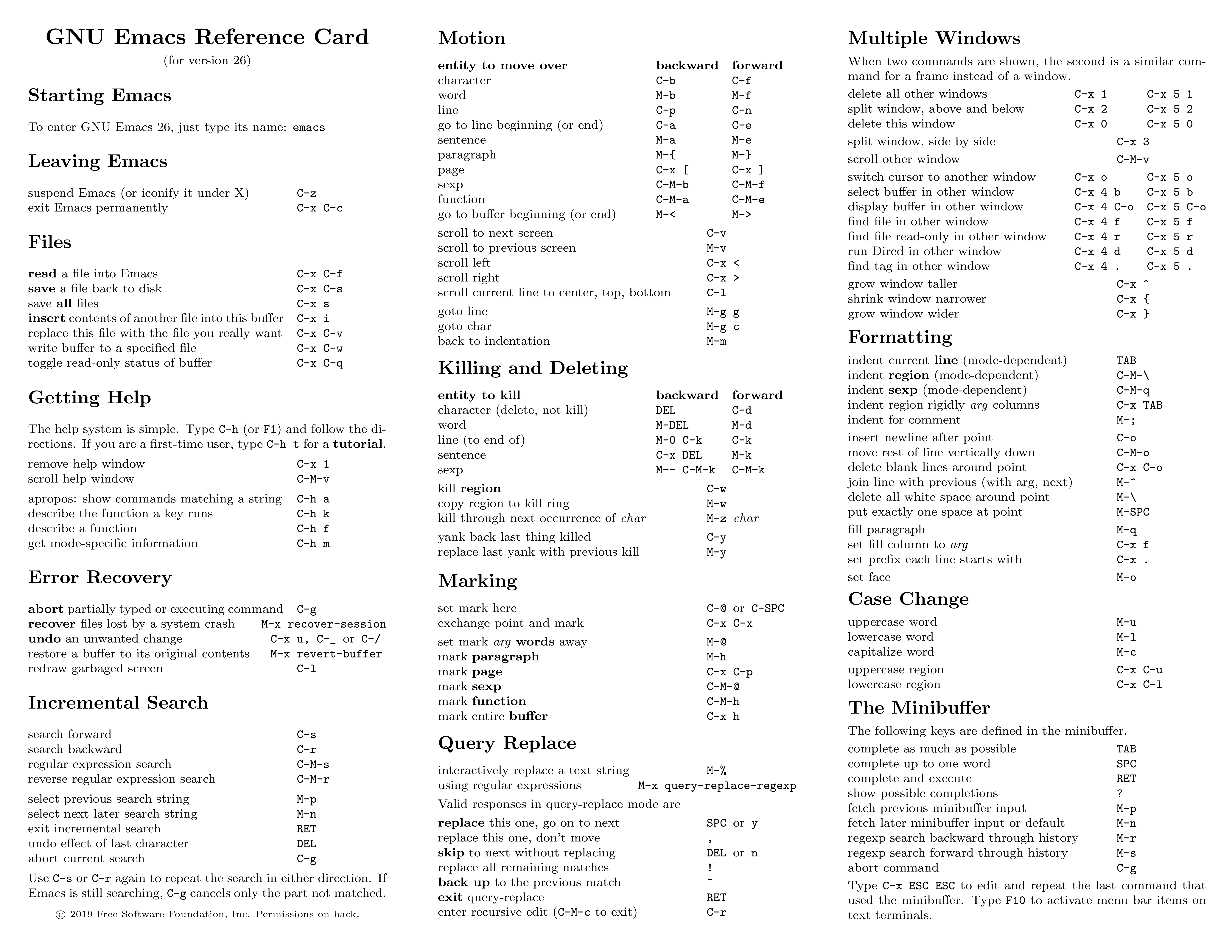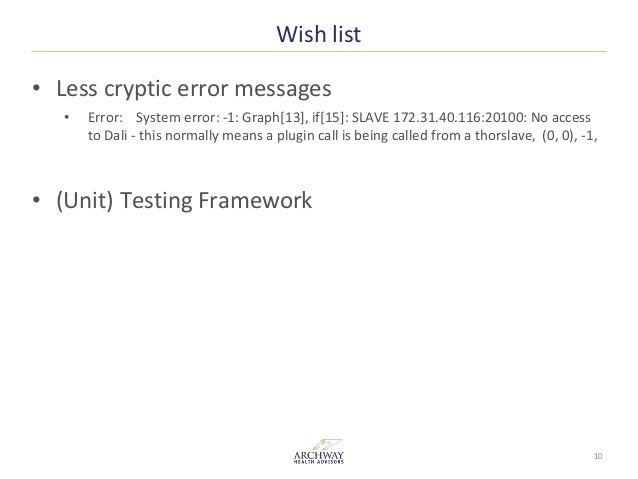
HPE SimpliVity was designed to protect data at multiple levels against failures at multiple levels. HPE SimpliVity secures the most valuable asset With HPE SimpliVity, customers have the flexibility to tune recovery point objectives (RPOs), enable high-frequency backups and replication across multiple sites. This would not be commercially feasible with third-party backup products that consume storage resources and tax the computing resources in the process.
HPE SIMPLIVITY OAC CARD FAILURE FULL
This is a powerful feature because it enables organisations to run full backups more frequently, even every 10 minutes, meaning an increase of the number of recovery points available and decreasing data loss in case of disaster. By leveraging deduplication, the results are that there are no I/Os generated to run them, which means full backups are extremely fast and no longer limited to the traditional backup windows.

With this clever design, HPE SimpliVity provides always-on, real-time, fine-grained deduplication and compression of all data through its lifecycle. If the block is a duplicate and already stored in the system object store, then a pointer is created in metadata and no further processing of that block is required. If they are unique, they are marked in the system metadata, compressed and then written to flash drives. This is achieved thanks to the secret sauce, the HPE OmniStack Accelerator, a purpose-built storage controller that provides online deduplication, compression and optimisation.Īs data comes in, the HPE OmniStack Accelerator analyses the blocks.

HPE SimpliVity offers built-in backups and disaster recovery capabilities, including bandwidth efficient replication without the need for third party data protection software. In HPE SimpliVity, all storage across all nodes is pooled together into a single logical file system and every node independently manages its own data. It is also important to be able to restore data as quickly as possible and, in reference to the golden rule, ensure the backup data is safely stored outside the fault domain we want to protect. The key objectives are to have the ability to keep data copies at multiple points in time and a well-defined data retention period.

The thing is, HPE SimpliVity is changing the game. Why? It breaks the golden rule: never store backups in primary storage or you may lose everything. HPE SimpliVity provides efficiencies partly by leveraging primary storage and backup in the same and unique SimpliVity file system platform.īut this raises a lot of flags with my customers, especially those who have been long-term storage practitioners. The response is usually “It’s too good to be true.

When I speak to my customers about HPE SimpliVity, I tell them about the efficiencies they could gain, and that it can guarantee a 90% storage reduction with the average customer getting a 40:1 reduction ratio.


 0 kommentar(er)
0 kommentar(er)
